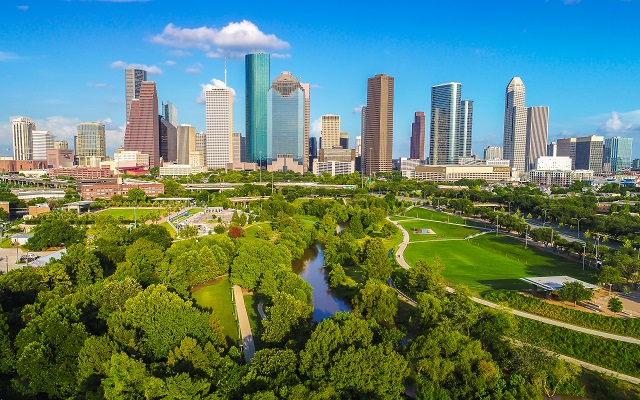22.3 Million Visitors Came to Houston in '18
Published Apr 25, 2019 by A.J. Mistretta
A record 22.3 million people visited Houston in 2018, up from 21.9 million the year before, according to new figures released by Houston First Corporation.
The 22.3 million total includes both leisure and business travelers coming from elsewhere in the U.S. and from abroad. The tourism and hospitality industry employs roughly 88,000 workers in Houston and 140,000 across the metropolitan area, according to Houston First, the local government corporation that markets the region as a travel destination.
Hospitality is the fifth largest industry in Houston and contributed approximately $513 million in tax revenue for the city in 2018. “Tourism matters to the City of Houston,” said Mayor Sylvester Turner. “I believe our city can compete with any city around the world when it comes to business and leisure travel.”
While the overall travel figure increased between 2017 and 2018, officials pointed out some traditionally strong visitor segments did not. Mexico, for example, has long been a strong feeder market for Houston leisure travel, but visitation from across the border dropped in 2018. Tourism leaders though say they are confident the city will reach its next big goal: 25 million visitors by 2020.
A series of major upcoming events may help Houston get there. The city is hosting the World Petroleum Congress in December 2020, an international energy conference that will draw more than 10,000 delegates from at least 70 different nations and pump millions into the local economy. The Professional Convention Management Association will host its annual event in Houston in January 2021. Beyond that, Houston is competing to be one of the host cities when North America hosts the World Cup in 2026.
Long a convention hotspot, Houston has also established itself in recent years as an attractive leisure destination, earning accolades for its diverse restaurant scene, abundant performing and visual art offerings and other attractions. Earlier this year the New York Times, Conde Nast Traveler, Travel + Leisure and a host of other publications named the city a top place to travel in 2019. The 50th anniversary of NASA’s historic Apollo 11 mission, which brought man to the moon, is expected to draw many visitors to the city and Johnson Space Center for celebrations this summer.
To keep up with what’s happening in tourism, join the Partnership’s Arts, Culture, Tourism & Sports Council for informative conversations. To get plugged in to what's happening around the city, join Visit Houston's immersive program, Houston Insider. And to learn more about the visitor experience, log on to VisitHouston.com.
 The Houston Report
The Houston Report


















